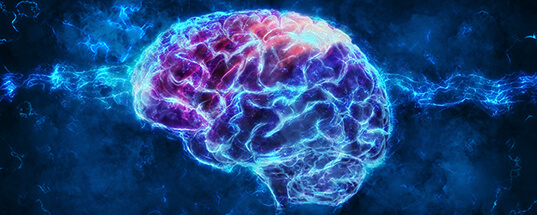Alcohol addiction treatment is an essential and a harmless medical procedure which will cure you from this disorder. Consequences of chronic alcoholism: It is the so-called third stage of alcohol addiction. At that moment changes in the body become irreversible. Due to the metabolic and nutritional disturbances and the toxic effects of alcohol, the external appearance of the patient (skin and face) is altered, tremor appears and the movements of the patients change. Nervous activity increases, leading to the disintegration of personality and dementia.
The internal organs (liver, blood vessels and heart) suffer as well. And the days of the patient are sadly over. There is always a way to stop this vicious circle. But the problem is that addicts refuse treatment for a long time, because they do not accept that they are sick. Further, we are giving advice about how to help a person that you love, who fell in the trap of addiction. Also, we will give you an advice and how to avoid manipulation by that person.


